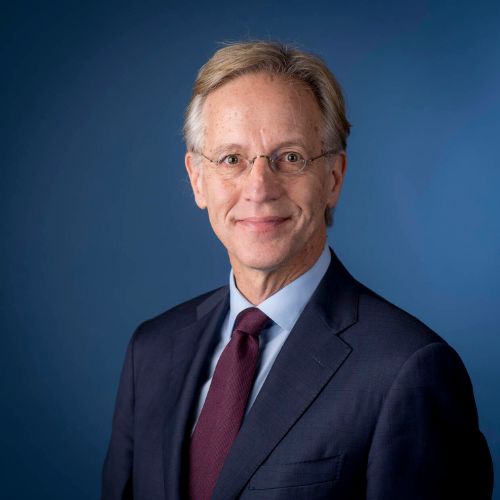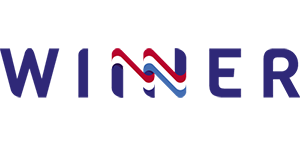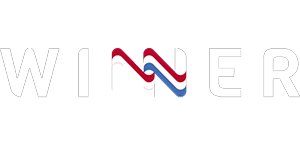
Robbert Dijkgraaf
Minister of Education, Culture and Science of the Kingdom of the Netherlands
BIOGRAPHY
Education:
- 1972-1978
Secondary education, Gymnasium Erasmianum, Rotterdam - 1978-1982
B.Sc. in Physics and Maths (with distinction), Utrecht University - 1983-1984
Gerrit Rietveld Academy of Art and Design, Amsterdam - 1984-1986
M.Sc. in Theoretical Physics (with distinction), Utrecht University - 1986-1989
PhD (with distinction), Utrecht University , supervised by Professor Gerard ’t Hooft
Career:
- 1989-1991
Researcher, Physics Department, Princeton University - 1991-1992
Long-term member, Institute for Advanced Study, Princeton - 1992-2005
Professor of Mathematical Physics, University of Amsterdam - 2005-2022
Distinguished professor, University of Amsterdam - 2008-2012
President of the Royal Netherlands Academy of Arts and Sciences (KNAW) - 2009-2017
Co-president of the InterAcademy Partnership (IAP) - 2012-2022
Director and Leon Levy Professor, Institute for Advanced Study, Princeton - 10 January 2022
Appointed Minister of Education, Culture and Science in the fourth Rutte government
Party Political Positions and outside activities:
Robbert Dijkgraaf has held many board roles and other positions, including:
- 2020-2022
Member of the advisory committee of the National Growth Fund - 2015-2022
Chair of the supervisory board of the Hartwig Medical Foundation - 2004-2022
Columnist for the newspaper NRC Handelsblad - 2007-2015
Member of the supervisory boards of the Van Gogh Museum, the Teylers Museum and NEMO Science Museum - 2009-2012
Chair of the supervisory board of public broadcaster VPRO - 2009-2012
Member of the supervisory board of the Gerrit Rietveld Academy of Art and Design - 2005-2012
Member of the supervisory board of the Foundation for Art and Public Space (SKOR) - 2007-2010
Member of the second Innovation Platform - 1999-2022
Member of a large number of international scientific advisory committees, including at the Max Planck Institute for Mathematics (Bonn), the Institut des Hautes Études Scientifiques (Bures-sur-Yvette) and the Isaac Newton Institute for Mathematical Sciences (Cambridge)



